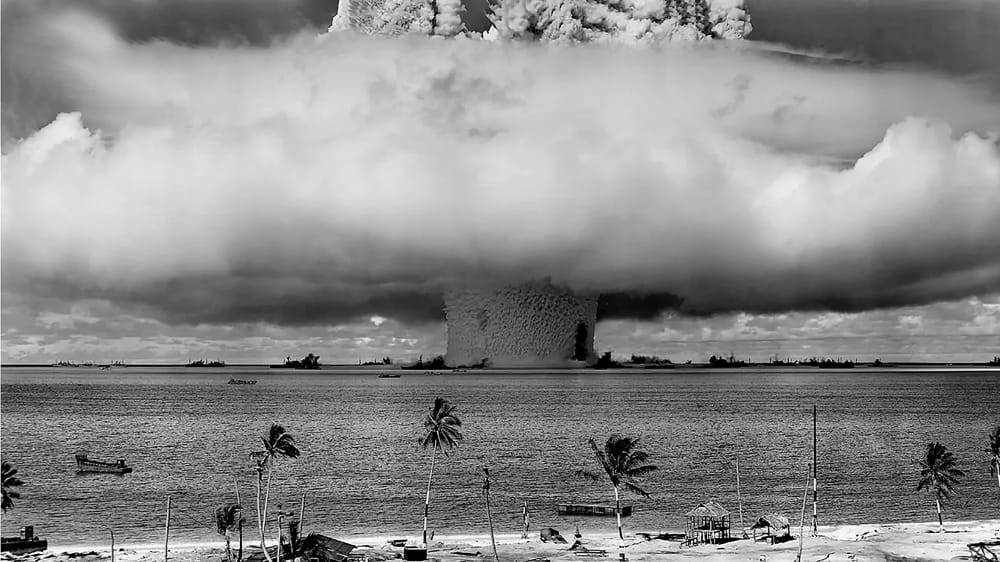War only forms when humans appear because it is a social phenomenon – it requires thinking, organization, goals, and conflicts between conscious groups with interests. Before humans existed, animals might have fought over territory or mates, but those behaviors were instinctual, unstructured, and lacked ideologies or long-term strategies like war.
1. War is a product of organized thinking
- Humans can think abstractly, plan, organize societies, and form strategies.
- These abilities are essential for actual warfare, far beyond mere survival instincts.
2. War relates to abstract values and interests
- Wars are often fought over land, resources, power, religion, honor, or ideology – all abstract concepts unique to humans.
- Animals have no concept of “sovereignty”, “homeland”, or “ideology”.
3. War requires large-scale social organization
- Armies, leaders, social groups, and power structures are needed to wage war.
- Such complex organization doesn’t exist in the animal kingdom beyond humans.
4. War is the result of conscious conflict
- Humans react not only instinctively but also based on hatred, fear, competition, or hostility due to cultural, racial, or historical differences.
- These conflicts are nurtured over time and become war – something animals do not do.
In conclusion, war is a unique socio-political-psychological product of human civilization, not just a survival conflict like in nature.


ARTICLES IN THE SAME CATEGORY
Early at Year’s End, A Word of Gratitude to Those Who Have Shown Us Kindness
Live contentedly, be satisfied with what you have, and maintain an optimistic outlook on life. These are simple yet wise principles.
People constantly chase after desires, but in the end, when they achieve them and look back, they are left feeling empty.
Greed, Gold, and the Spiral of Instability in Human History
Karma in Vietnamese Classical Thought and Lessons from Cambodia Today
Words and the Fortunes of a Lifetime: Why a Few Right Sentences Are Enough for an Entire Life
ARTICLES IN THE SAME GENRE